From the earliest days of the Republic, America has been an advocate of the position that all ships should be able to sail the world's oceans freely for legitimate commerce, regardless of what any given government thought about it. This often brought it into conflict with other nations, ranging from the British and French, who both thought that interfering with shipping was a great idea in their efforts to defeat the other, to the Barbary States of North Africa, who thought that they deserved to get paid by anyone who didn't want their ship seized and their crew sold into slavery. As a result, the US fought an undeclared war with France and then a declared one with Tripoli over the matter.
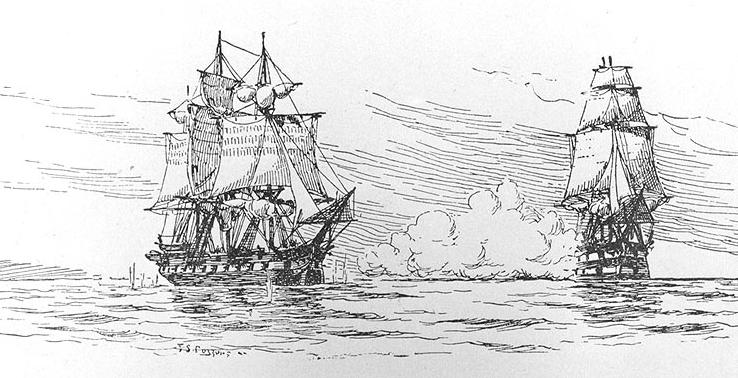
Even while the nascent USN was fighting in the Mediterranean, the Napoleonic Wars were raging, and tensions between the Francophile Democratic-Republicans and the British began to grow. Some of this was because the Americans kept getting in the way of British plans to blockade Bonaparte into submission, but the biggest source of friction had to do with impressment. The American merchant fleet was a haven for sailors who had run from the Royal Navy, and British warships would frequently stop American merchantmen to search for deserters. Tensions were increased further because many of these deserters had taken American citizenship, which the British refused to recognize, although the Americans were most outraged by the occasional seizure of native citizens. The British offered to end the process, but only in exchange for American recognition of their right to full control over the waters around Britain, which was a price too steep for the US to consider. Read more...

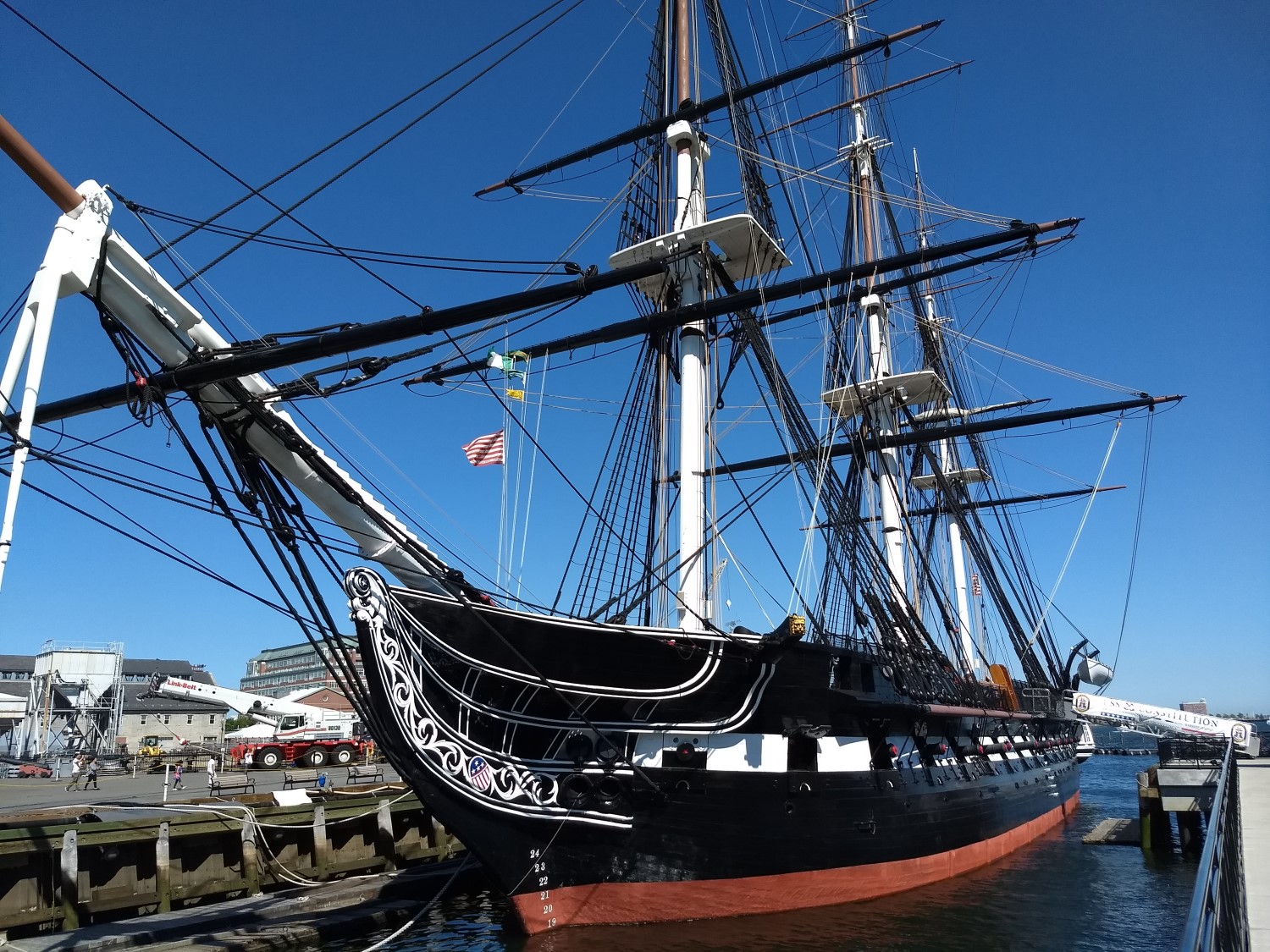
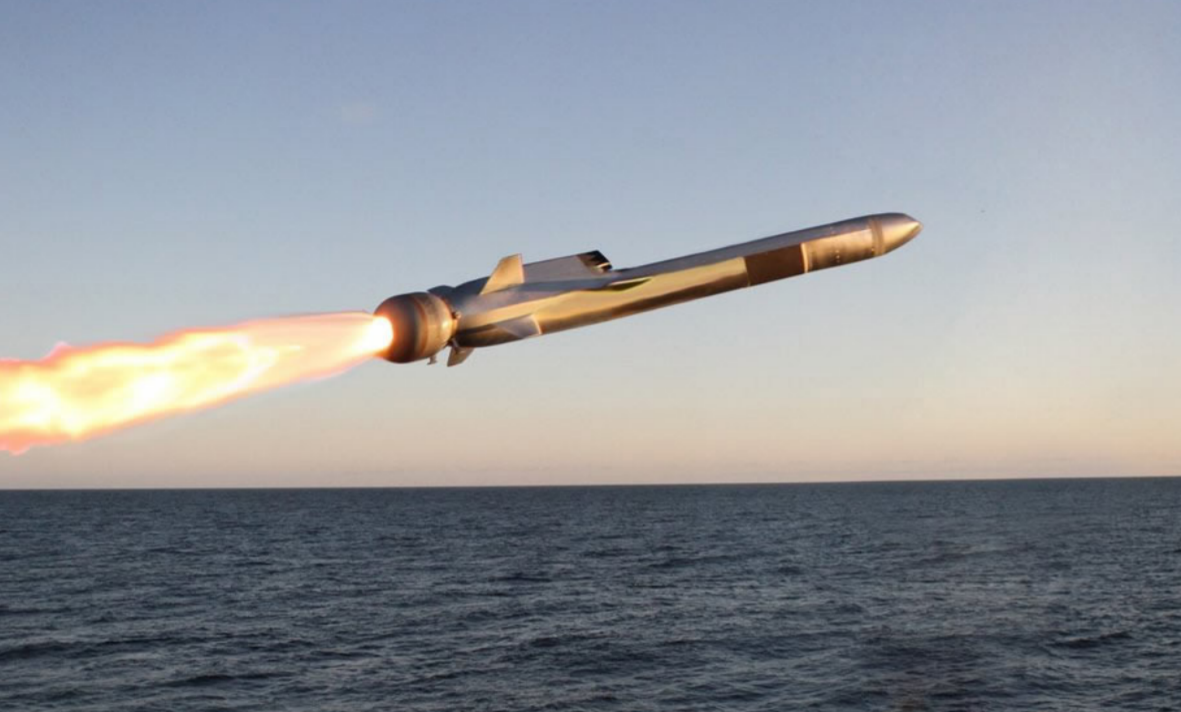
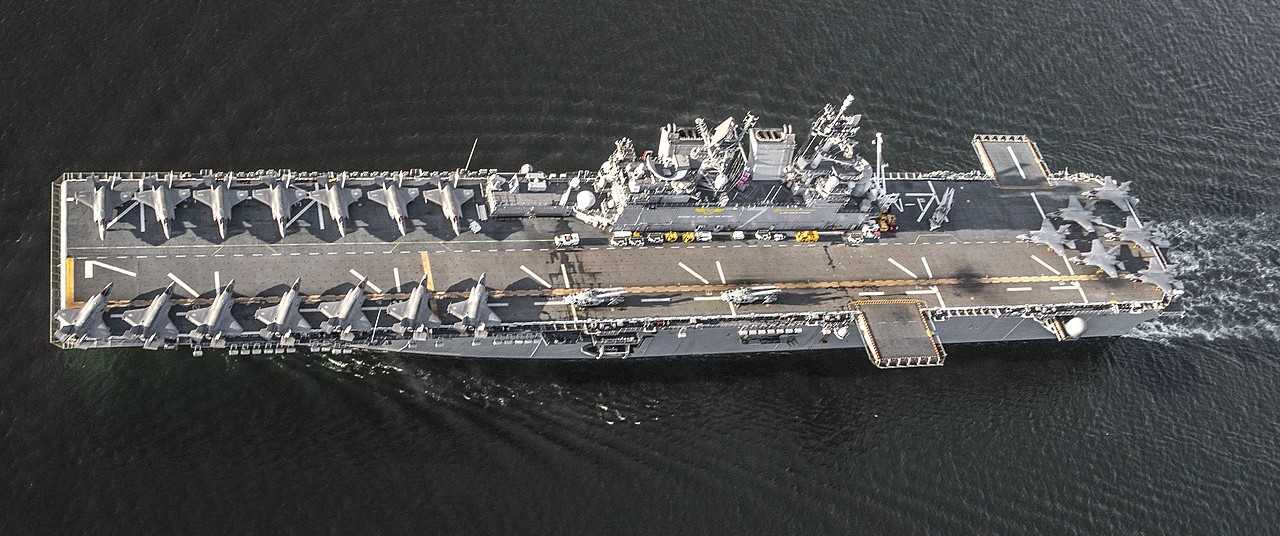

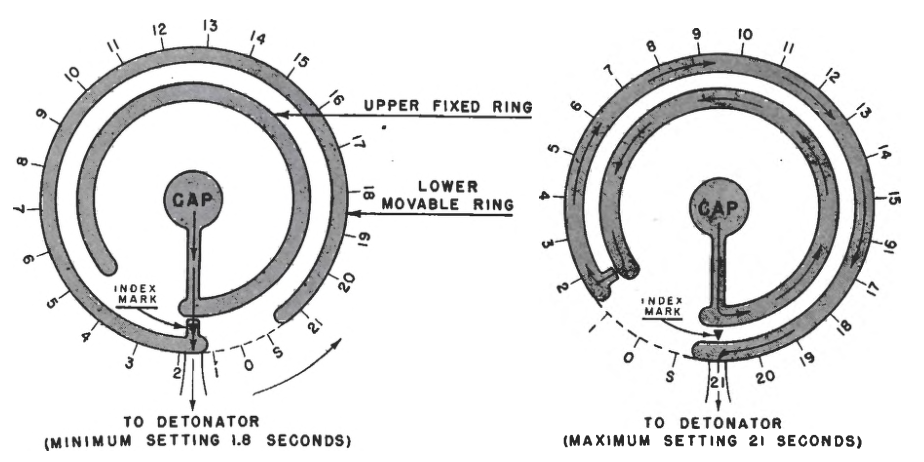
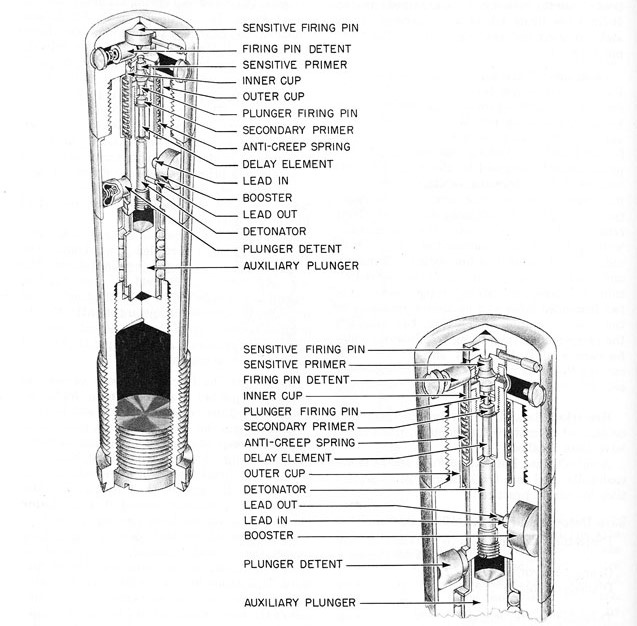
Recent Comments